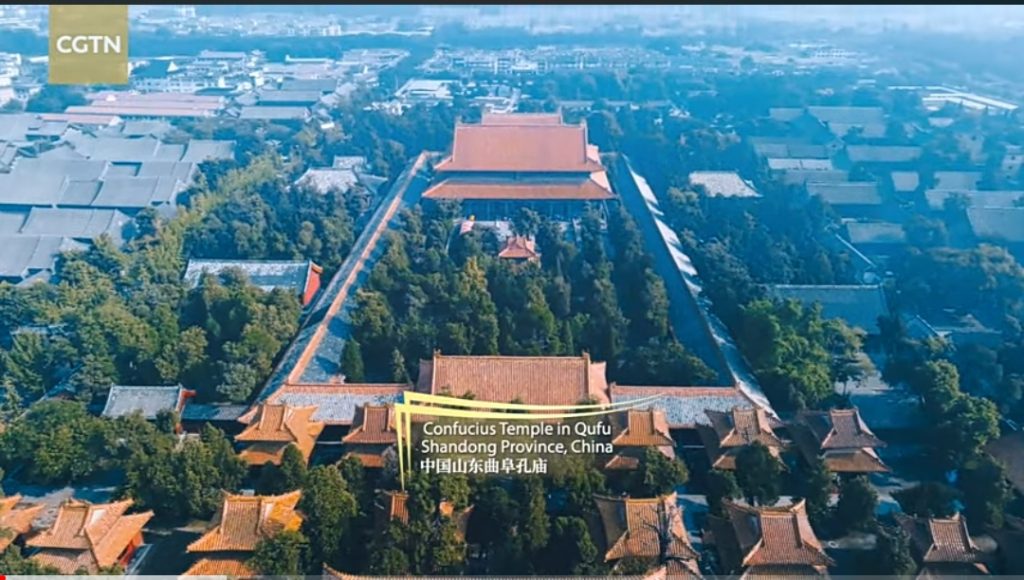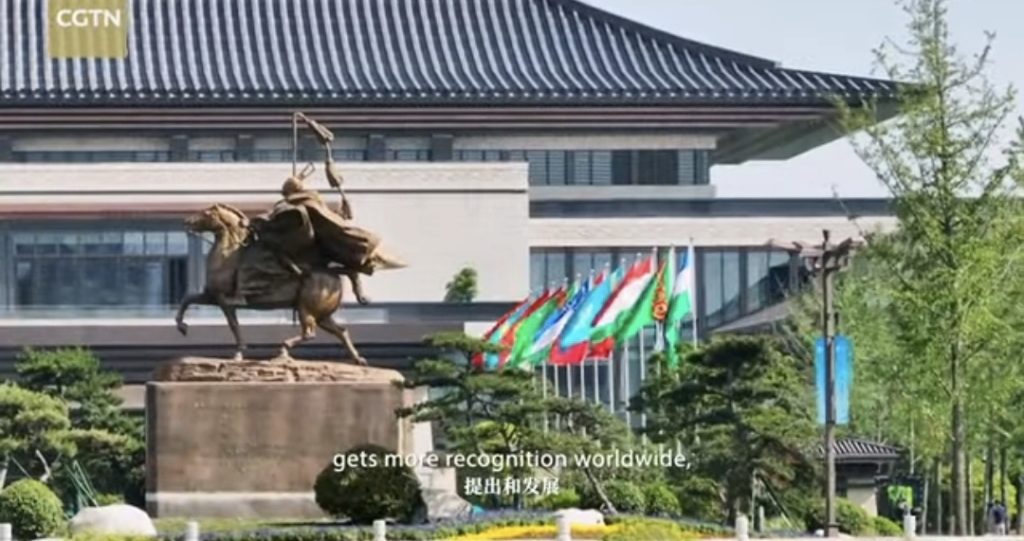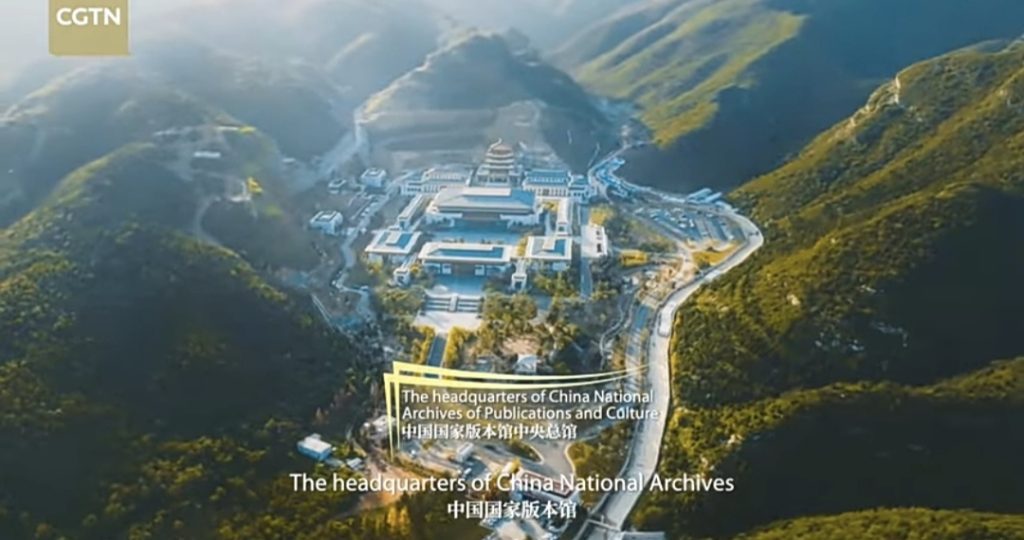Analysis of the four-episode program produced by CGTN: Classics of Chinese Thought

The four episodes series “Classics of Chinese Thought” provides insights about the rich cultural heritage of China, exploring dimensions of continuity, unity, inclusiveness, and peacefulness that have defined Chinese civilization throughout its history. Through insightful dialogues with inheritors and thinkers of Chinese civilization, the series presents a compelling narrative that transcends time.
One of the central themes explored in the series is the continuity of Chinese civilization, which is rooted in the teachings of Confucianism. Chinese civilization has endured through centuries, guided by principles such as governing by virtue and the ceaseless pursuit of self-improvement. Chinese civilization serves as a foundational pillar for modernized China, which has led its own path towards socialism with Chinese characteristics, offering a unique model of modernization.

Furthermore, another series on the unity of Chinese civilization highlights the commonalities that bind together the vast and diverse Chinese population. Despite periods of division, there is a mysterious force that brings the Chinese people together, rooted in a shared culture and values. This kind of diversity has been instrumental in fostering national unity and resilience throughout Chinese history.
In exploring the inclusiveness of Chinese civilization, the series celebrates the embrace of diverse cultures and perspectives. Chinese values promote inclusivity and understanding, allowing individuals to appreciate their own culture while respecting others, and have played a significant role in shaping China’s development and its contributions to global harmony and diversity. The Chinese tradition of humanism, characterized by a commitment to harmony and diversity, offers valuable insights for addressing contemporary challenges and building a more open and inclusive world.
In the last series on the peacefulness of Chinese civilization, emphasizing the importance of harmony among individuals and with the environment, as well as the enrichment of Chinese culture by Buddhism and other religions and the promotion of peaceful competitions among civilizations, China has emerged as a global leader in advocating for world peace and sustainability. As China continues to play an influential role on the world stage, its initiatives for global peace reflect a sense of responsibility and a commitment to fostering a prosperous and harmonious world for all.




